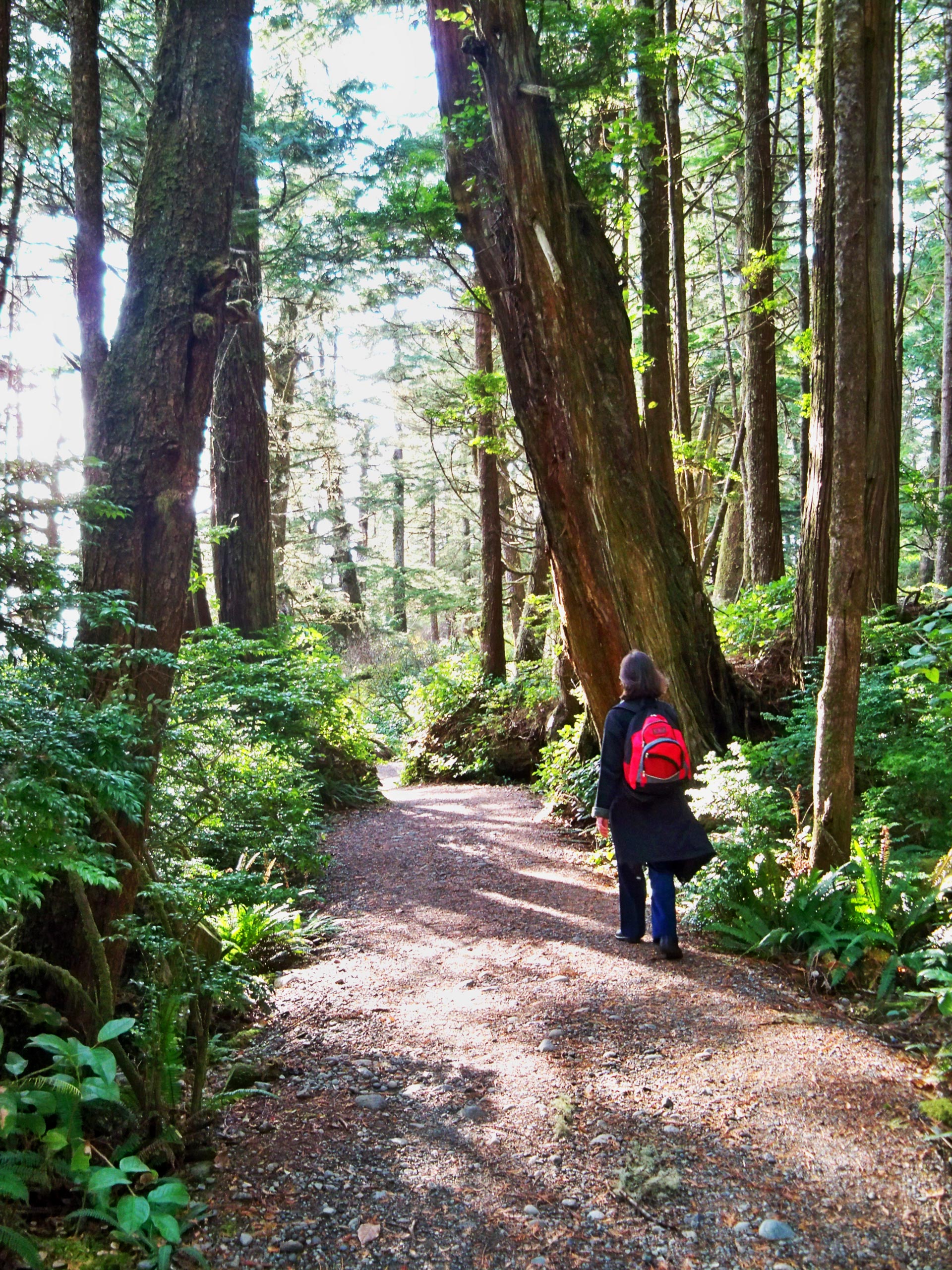
Scientific studies reveal that not thinking gives creativity a big boost.
That means doing something that doesn’t require much concentration, such as going for a walk or washing the dishes, is more likely to result in an imaginative idea or the solution to a problem than sitting at your desk straining your brain into an acute case of constipation.
It turns out that the mind operates in two modes: linear and creative. The first, which most of us are in most of the time, helps us plan and accomplish our day-to-day tasks and long-term goals.
The second is more of a freewheeling state populated by daydreams, random ideas and off-the wall thoughts. Some call it goofing off.
It’s this freedom from focused thinking that opens the door to creativity. It works best when the body is active, and the brain minimally engaged. So, walking (alone or with a silent companion) is good, scrolling through your social media feeds is not.
Throughout history, famous people have credited non-thinking moments to creative inspiration. Mozart claimed he often “heard” his music while on a walk, while Albert Einstein counted on Mozart’s symphonies to loosen the creativity tap when he was stuck.
Unfortunately, our culture and therefore our brains have been trained to go, go go and we often don’t get enough — or maybe any — idle time.
In a Psychology Today article titled, “3 Ridiculously Easy Tips for More Creativity and Happiness,” Emma Seppälä suggests:
-Make sure you have some downtime every day
-Do something different, meet someone different or read or watch something different
-Play, whether it be sports, or with your children, grandchildren, or pet(s).
Those all open the door to a broader perspective and thus more inventive thoughts. In fact, researchers say, dividing your day into focused and non-focused thinking segments is most productive. It will likely boost your mood too.
As George MacDonald, Scottish author and mentor to Lewis Carroll, once said, “Work is not always required. There is such a thing as sacred idleness.”



